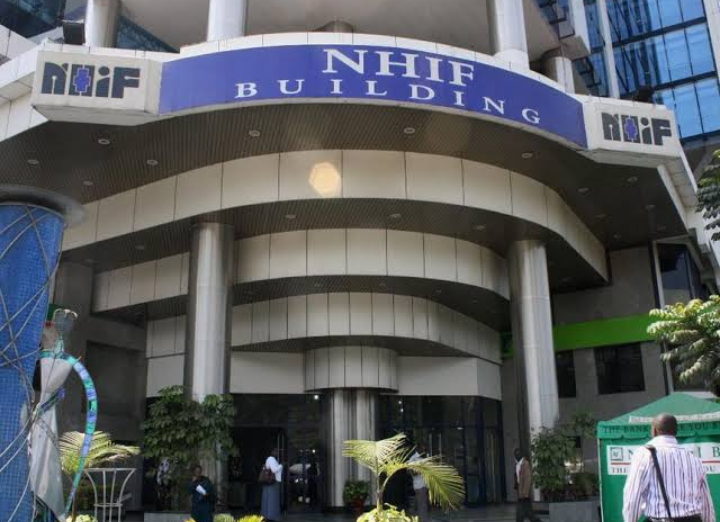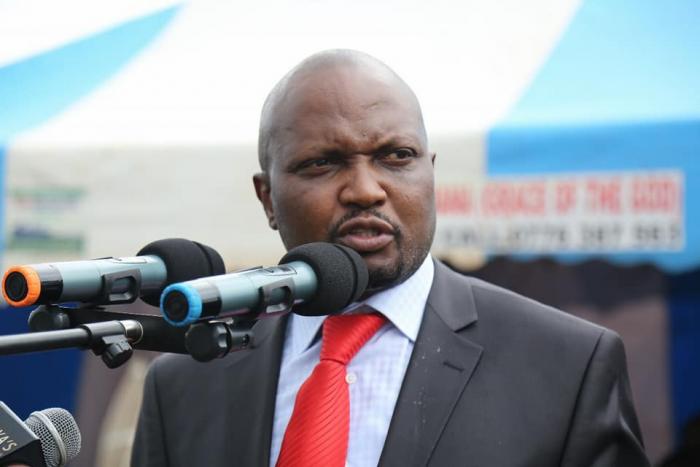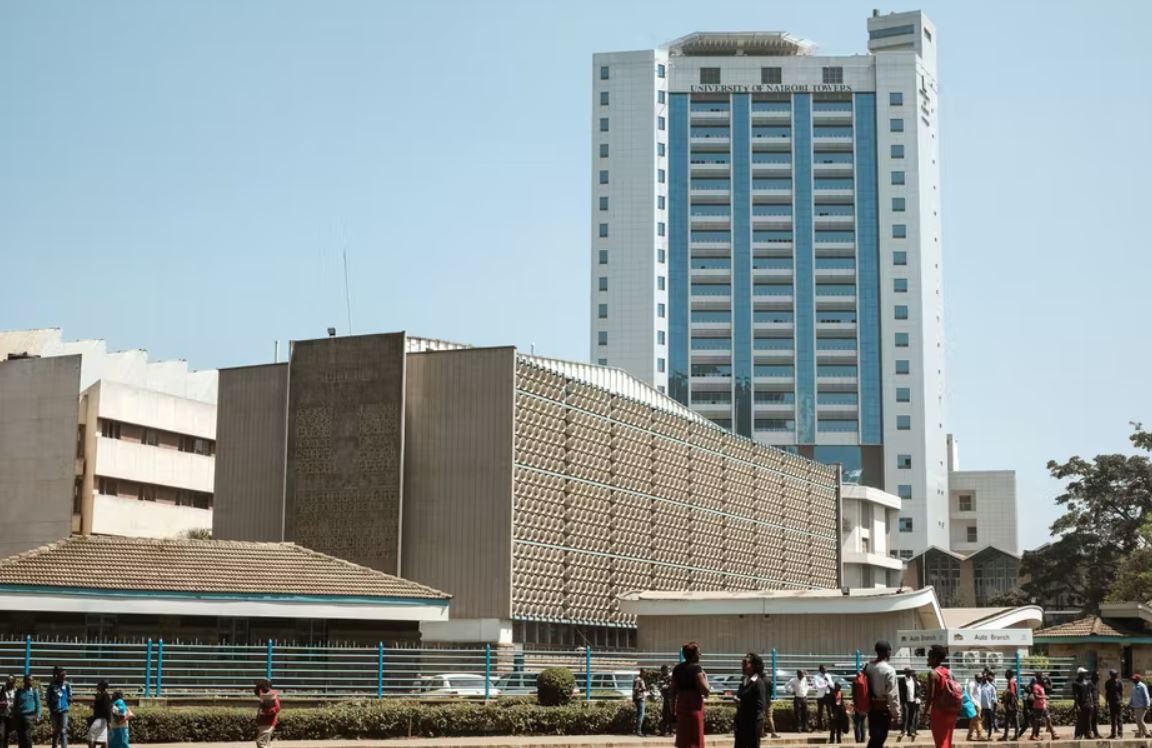The National Hospital Insurance Fund (NHIF) contributions will now be reformed to reflect the income of Individual contributors, according to a statement from President William Ruto.
The new head of state declared that contributions to the NHIF “shall henceforth be graduated and will depend on people’s income.”

This comes after the President committed to decrease the minimum NHIF contributions from Sh500 to Sh300 and grant waivers to impoverished households while on the campaign trail in Kirinyaga County three months prior.
Then he went on to say that in order to guarantee that the nation has access to universal healthcare, waivers will be given to individuals who are unable to pay the monthly charges.
The NHIF Amendment Bill was signed into law in January of this year and went into force the following month.
The Amendment Act amends the NHIF Act by providing for persons above the age of 18 years who are not yet registered under NHIF are required to register and make contributions to NHIF, a statutory insurance fund that provides Kenyans access to medical services.
As per the Act, every employer has a duty to make contributions on behalf of their employees.
It states that it is the employer’s responsibility to make employee’s contributions by matching the employee’s contribution through an amount equal to that which the employee is liable to pay without deducting the same from the employee’s remuneration.
This means that the employer shall be required to deduct the necessary contributions depending on the employees’ gross salary according to the rates gazetted by NHIF and give an additional contribution equal to that deducted from the employee though it directs that an employer who provides his employees with a private health insurance cover as well as better health benefits than those under NHIF is exempt from paying the matching contribution.











































